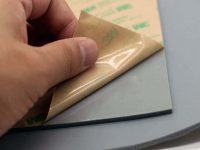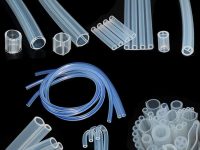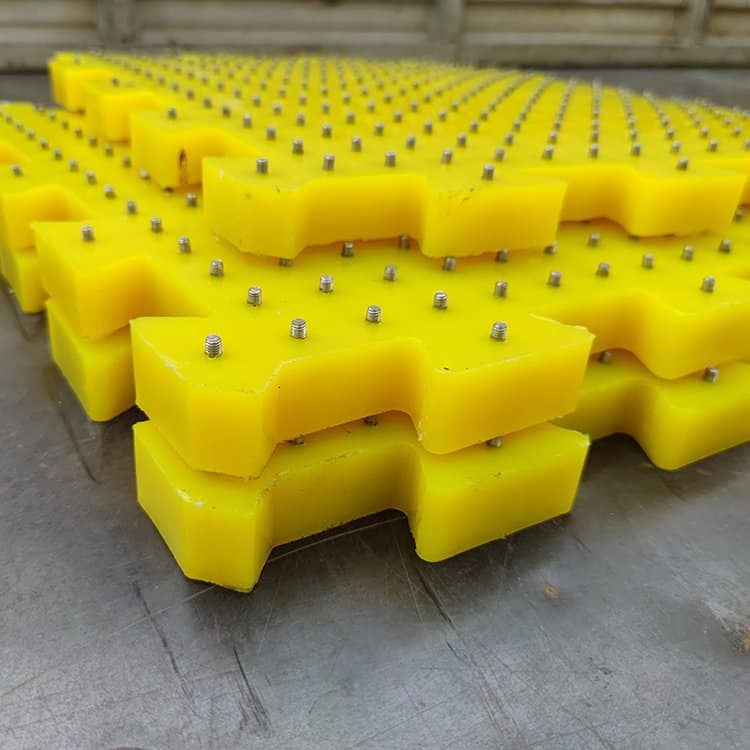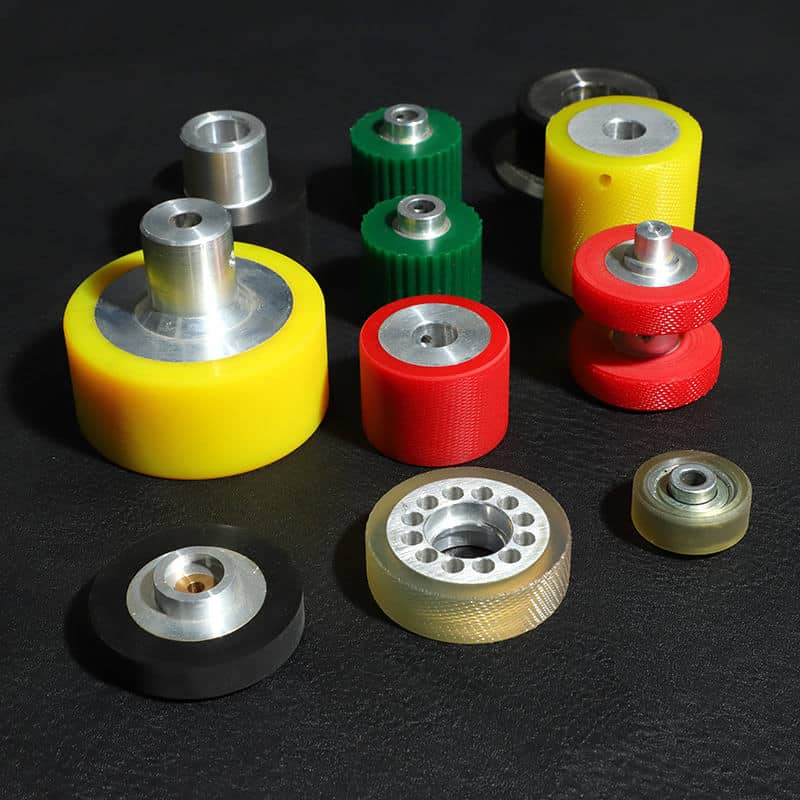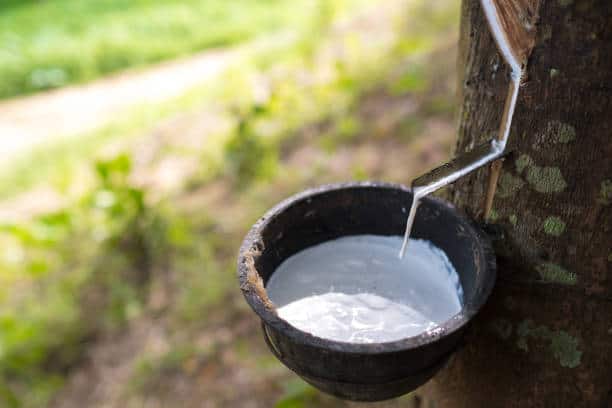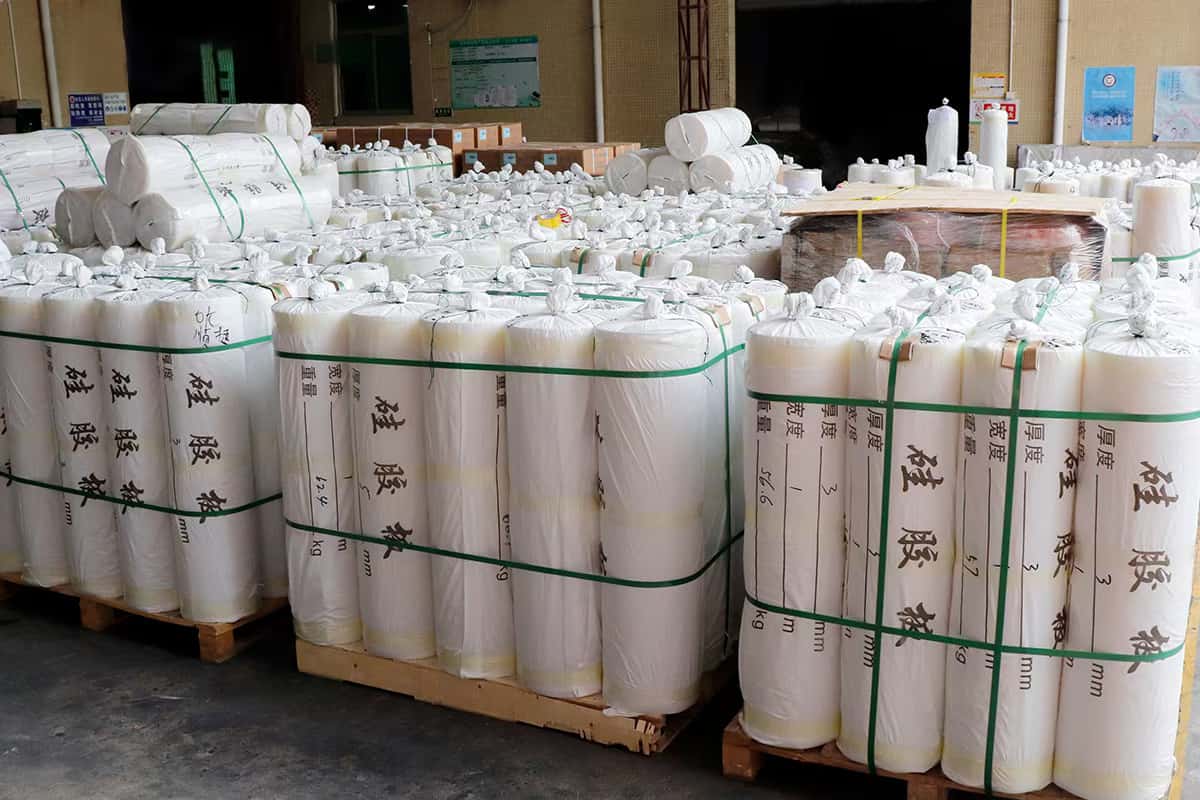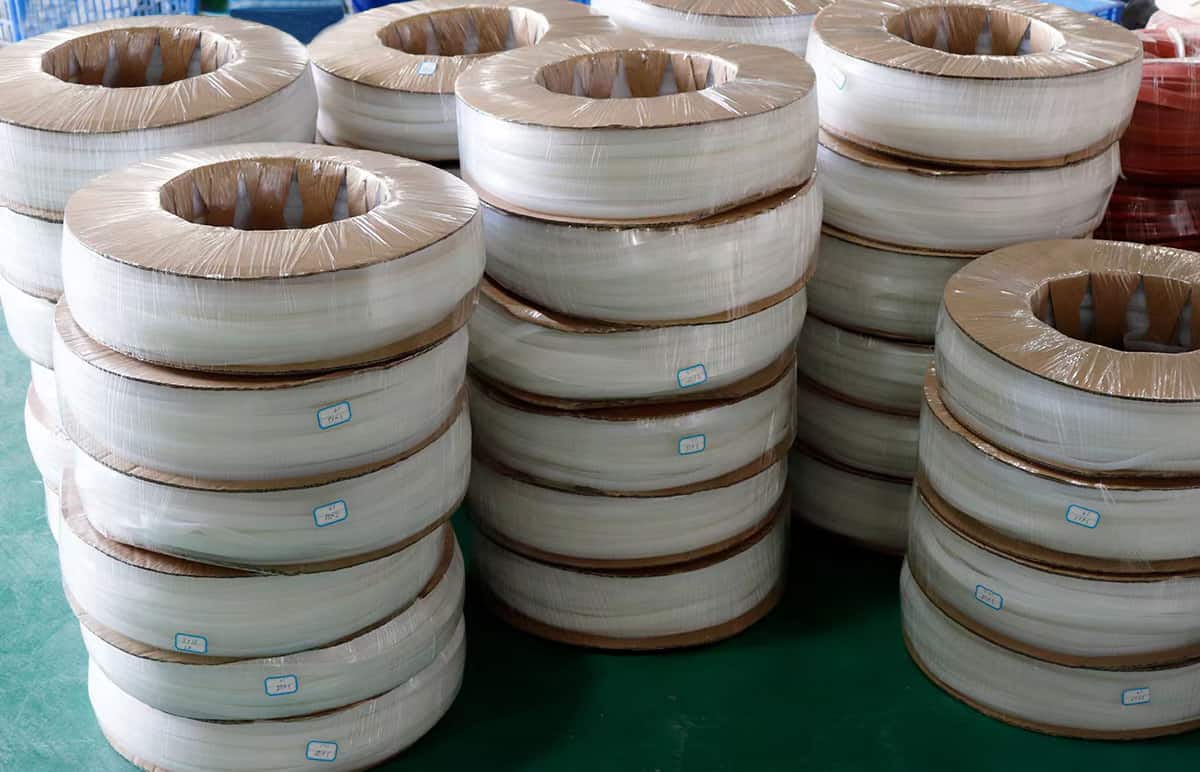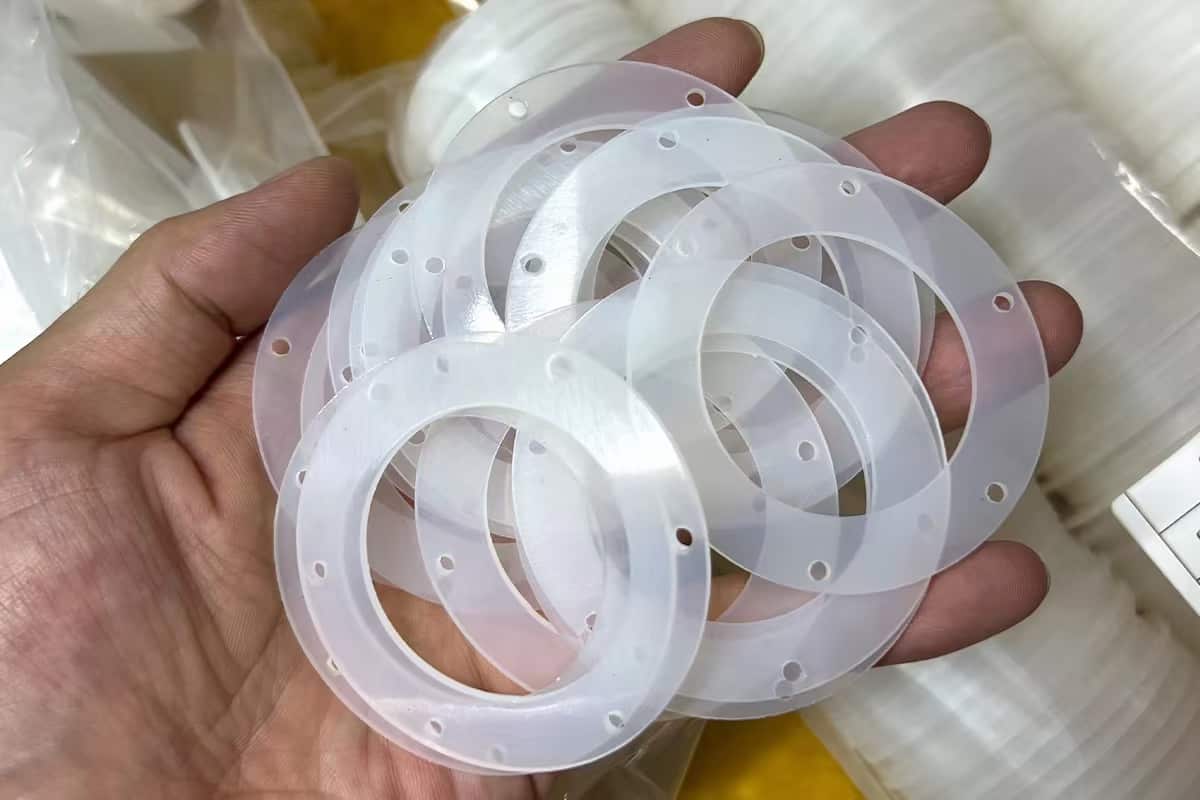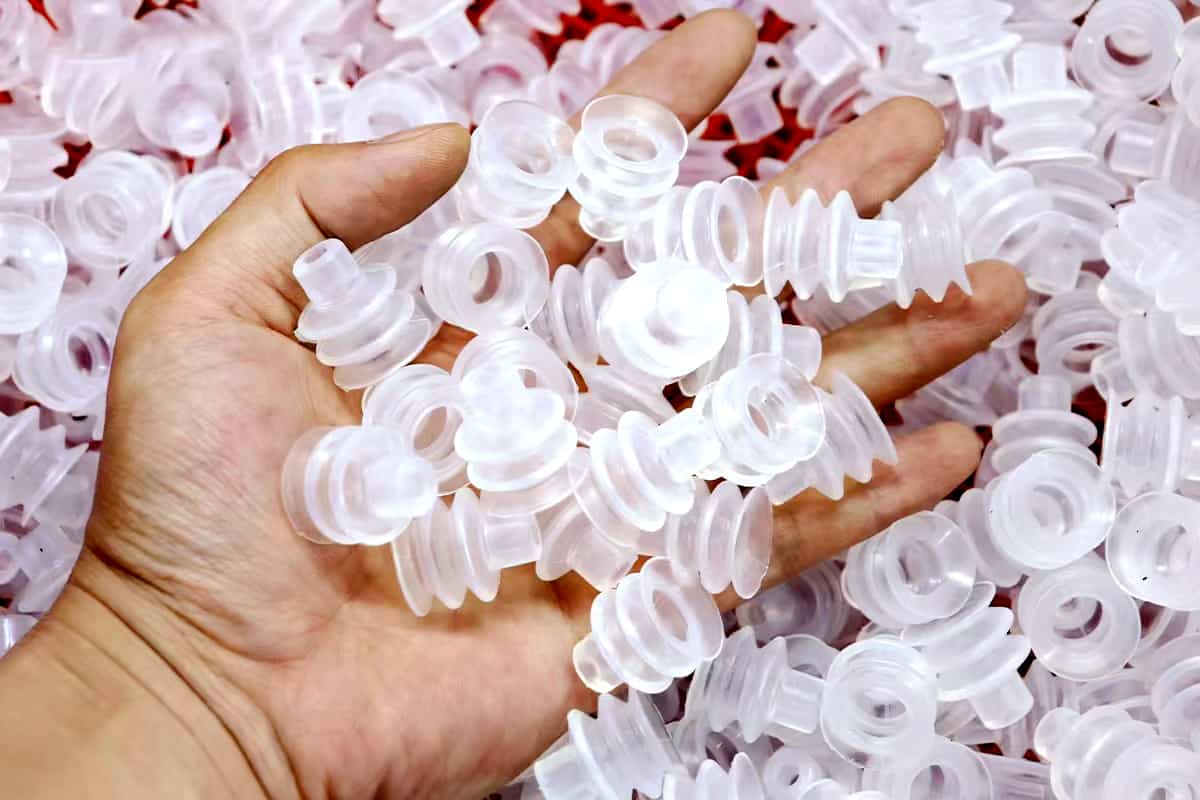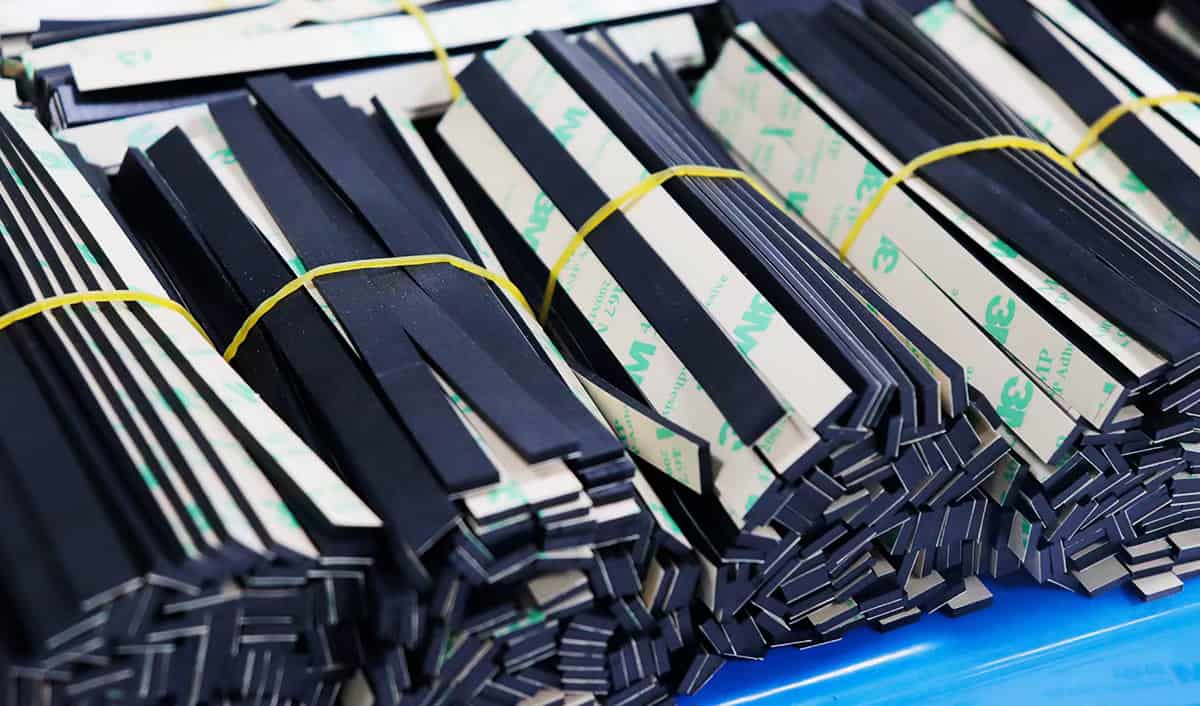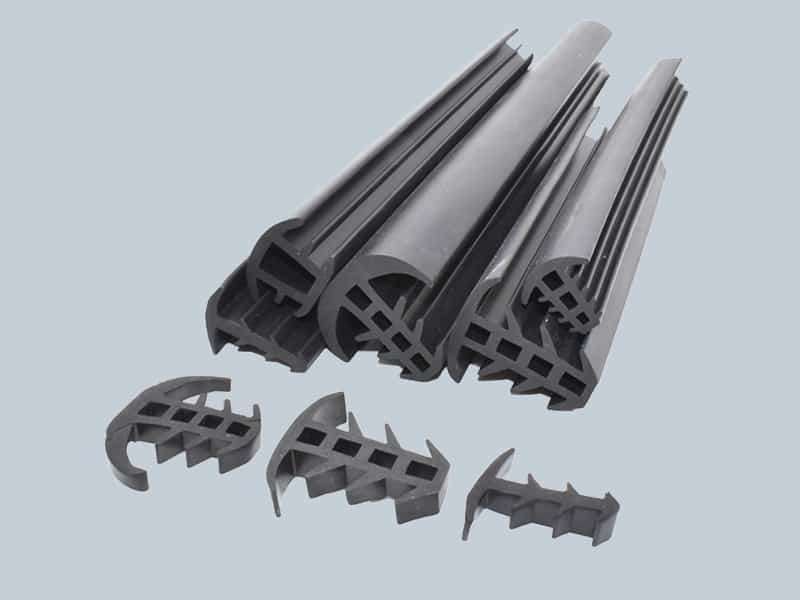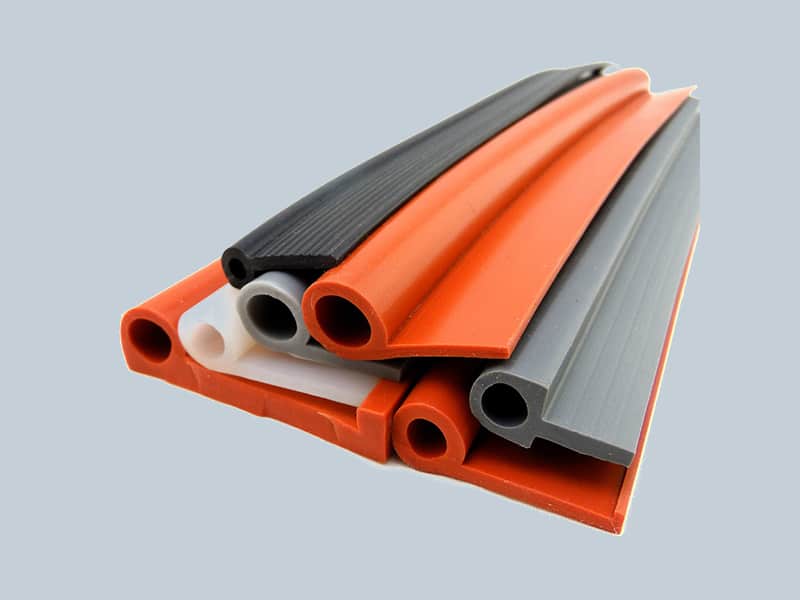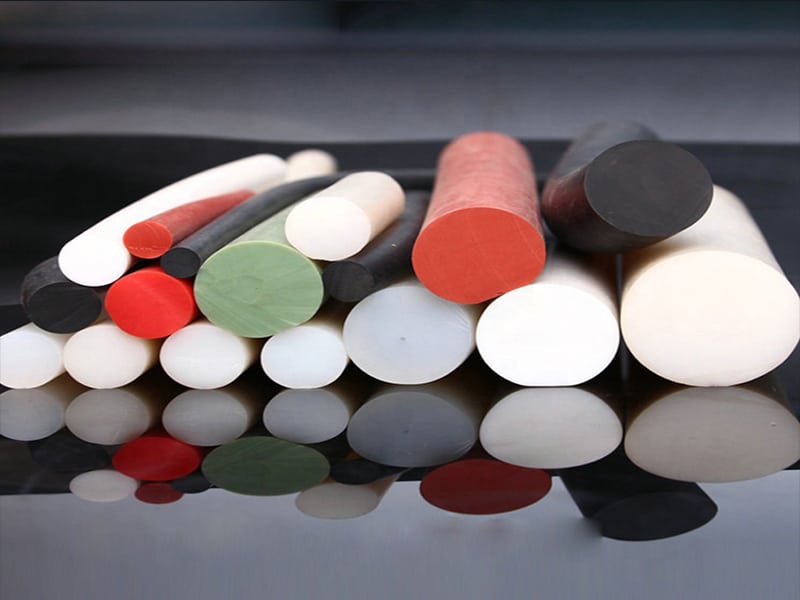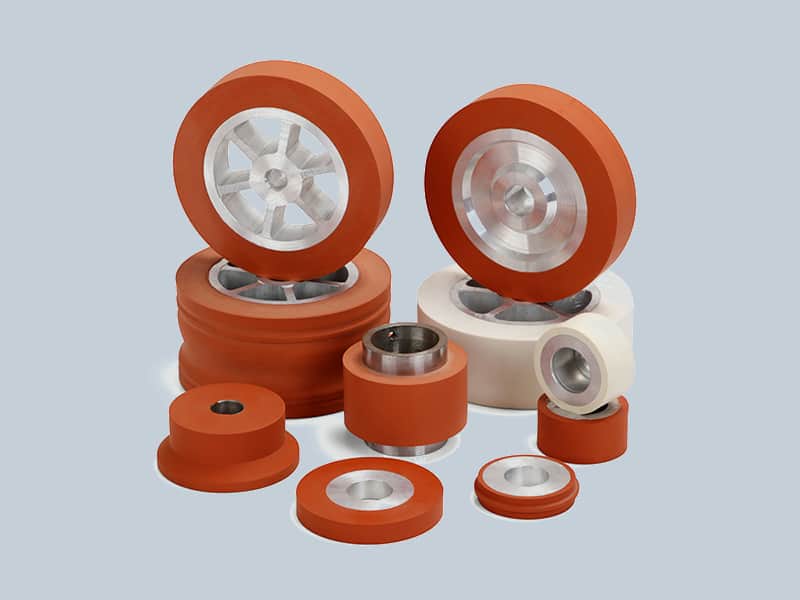If you’re looking for a material that’s durable, flexible, and weather-resistant, then you might want to consider silicone rubber. This synthetic rubber is made from silicon, oxygen, and other organic compounds, and it has a variety of applications in everything from automotive engineering to Cooking.
What is silicone rubber?
Silicone rubber is an elastomer (rubber-like material) composed of silicone—itself a polymer—containing hydrogen, carbon, and oxygen. Silicone rubbers are widely used in industry, and there are multiple formulations. Silicone rubber is generally non-reactive, stable, and resistant to extreme environments and temperatures from −55 °C (−67 °F) to 232 °C (450 °F), as well as being bio-compatible.
What is plastic?
Plastic is any synthetic or semisynthetic organic polymer. These polymers have been designed to have different physical and chemical properties, depending on their intended use. Common types of plastics include polyethylene, polypropylene, polyvinyl chloride, acrylonitrile butadiene styrene (ABS), and polycarbonate.
The difference between silicone rubber and plastic
Silicone rubber is an elastomer (rubber-like material) composed of silicone—itself a polymer—containing silicon together with carbon, hydrogen, and oxygen. Silicone rubber is generally heat-resistant and cold-resistant, and does not easily degrade. Silicone rubber can be molded into durable, flexible products that retain their shape over a wide temperature range.
Plastic is any material made from long chain synthetic polymers. Plastic is most often made from petroleum-based chemicals, although there are plastics made from corn or other plant sources. Most plastics are classified as either thermoplastics or thermosetting polymers. Thermoplastics are plastics that can be repeatedly melted and molded into new shapes; examples include polyethylene and PVC. Thermosetting polymers are plastics that set or harden when heated and cannot be remelted; examples include Bakelite and epoxy resin.
The benefits of silicone rubber
Despite its widespread use, it’s still something of a mystery to many people what silicone rubber is, what benefits it confers and why it has become such a ubiquitous material in so many different products. Here we look at 10 key benefits that have made silicone rubber the go-to choice time and time again.
1) It’s an extremely versatile material
One of the defining characteristics of silicone rubber is its versatility. It can be used in everything from electrical insulation to medical implants, and everything in between. This makes it an ideal choice for manufacturers who need a reliable material that can be used in a wide variety of applications.
2) It’s very resilient
Silicone rubber is notable for its resilience, which has led to it being used extensively in products that need to withstand extreme conditions, such as gaskets, seals and O-rings. This resilience is thanks to the fact that silicone rubber has excellent resistance to temperatures, both high and low, as well as excellent resilience to UV light and ozone.
3) It’s non-toxic
One of the main benefits of silicone rubber is that it is non-toxic, which means it can be used in a wide variety of applications where other materials would not be suitable. This includes applications where there is direct contact with food or drink, as well as medical applications where biocompatibility is essential.
4) It’s easy to process
Another big benefit of silicone rubber is that it is relatively easy to process compared to other materials. This makes it ideal for mass production applications where turnaround times need to be quick. In addition, thanks to its versatility, silicone rubber can be processed using a wide variety of methods including injection molding, extrusion and compression molding.
5) It has excellent electrical properties
One area where silicone rubber really excels is in its electrical properties. Thanks to its low dielectric constant and high dielectric strength, it’s an ideal material for electrical insulation applications such as cables, transformers and motors. In addition, silicone rubber has excellent resistance to tracking and arcing, which makes it perfect for use in high voltage applications.
High quality silicone rubber sheet manufacturer
6) It’s resistant to chemicals
Another big benefit of silicone rubber is its resistance to chemicals. This makes it an ideal material for use in environments where there are harsh chemicals present, such as laboratories or factories. In addition, thanks to its thermal stability, silicone rubber can also be used in high temperature environments without fear of degradation.
The benefits of plastic
There are many benefits of plastic, including its durability, its low cost, and its versatility. Plastic can be used for a wide variety of applications, including packaging, construction, and even medical implants.
One of the main advantages of plastic is its durability. Plastic is much more resistant to breaking and tearing than other materials, making it an ideal choice for products that need to withstand a lot of wear and tear. Plastic is also very weather-resistant, meaning that it won’t degrade in sunlight or become brittle in cold temperatures.
Plastic is also much cheaper to produce than other materials such as metal or glass. This makes it ideal for mass-produced goods where cost is a key factor.
Finally, plastic is extremely versatile and can be molded into almost any shape imaginable. This makes it suitable for a wide range of applications, from packaging to toys to medical implants.The disadvantages of silicone rubber
There are a few potential disadvantages of using silicone rubber:
-It can be more expensive than other types of rubber.
-It may not be as strong as other types of rubber.
-It can be difficult to repair if it tears or develops a hole.The disadvantages of plastic
Plastic is a material that has a number of disadvantages when compared to other materials such as metal, glass or wood.
Plastic is often less durable than other materials and can break or shatter more easily. It is also prone to scratches and scuffs, which can dull the surface over time. Plastic is also a less environmentally friendly material, as it is not biodegradable and often takes centuries to break down in landfill sites. The applications of silicone rubber and plastic
Silicone rubber is used in a wide variety of products, including electrical insulation, seals, gaskets, cookware, plumbing, windows, glassware, food storage, and rubber toys. It is also used as an inert filler for some adhesives and sealants. Plastic is used in a wide variety of products, including packaging, toys, construction materials, and household items.


